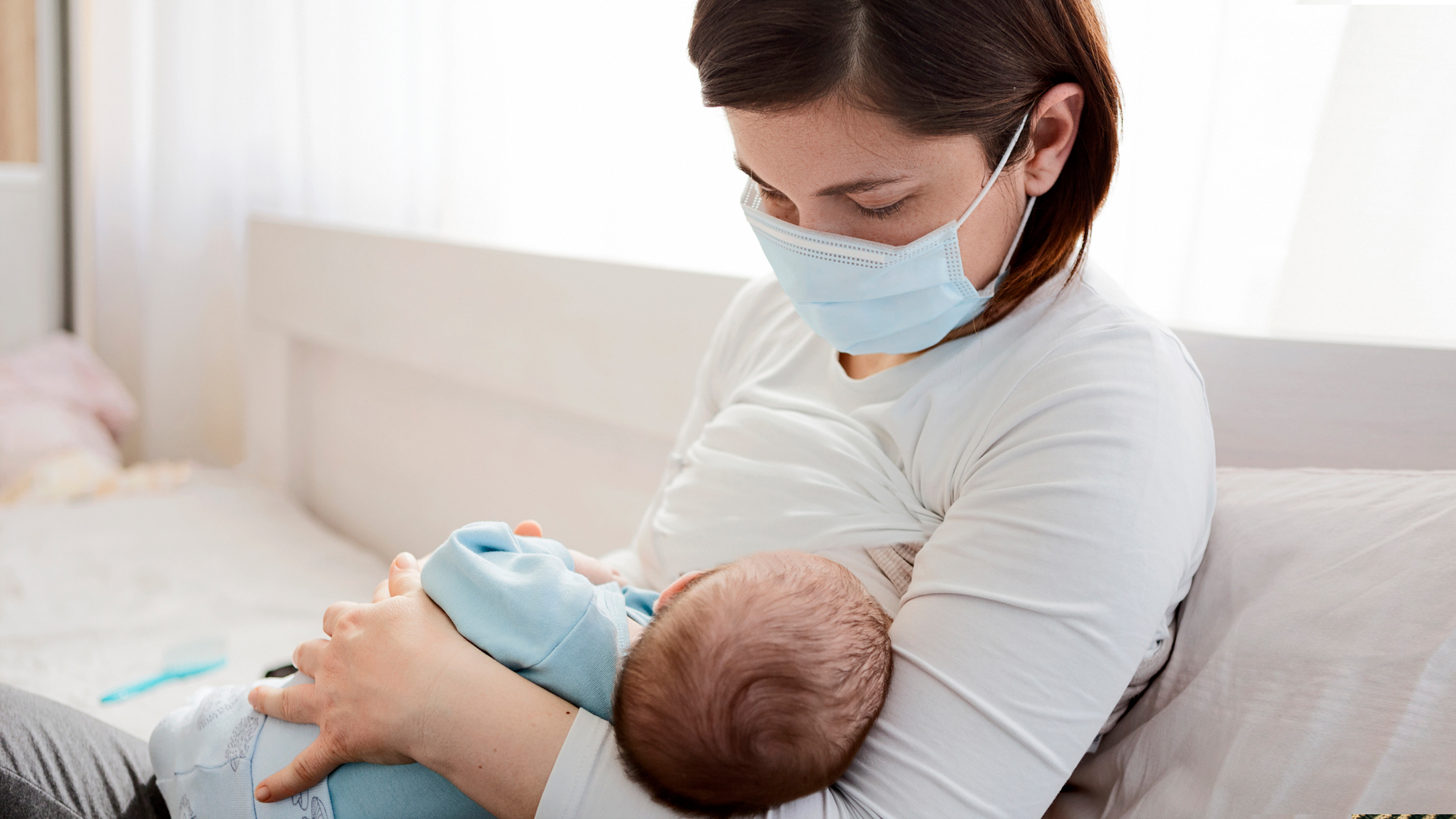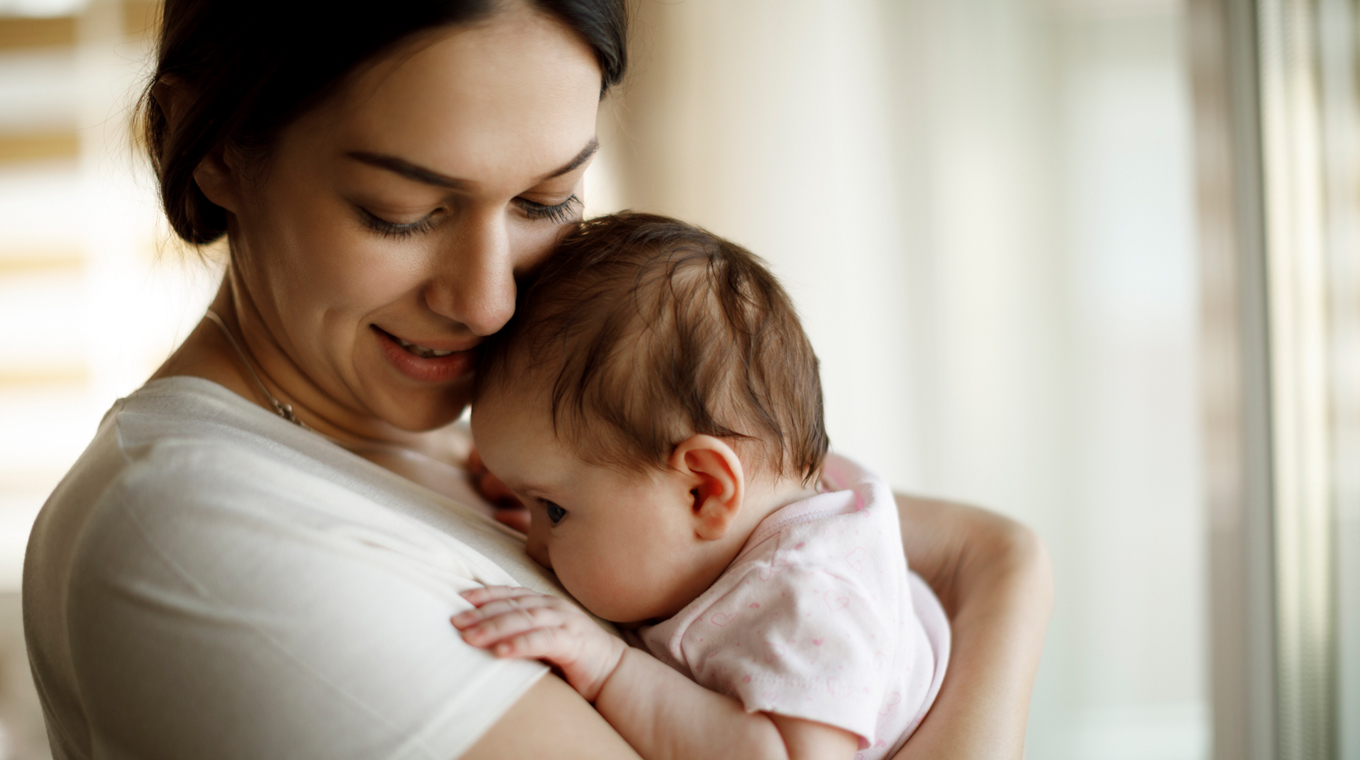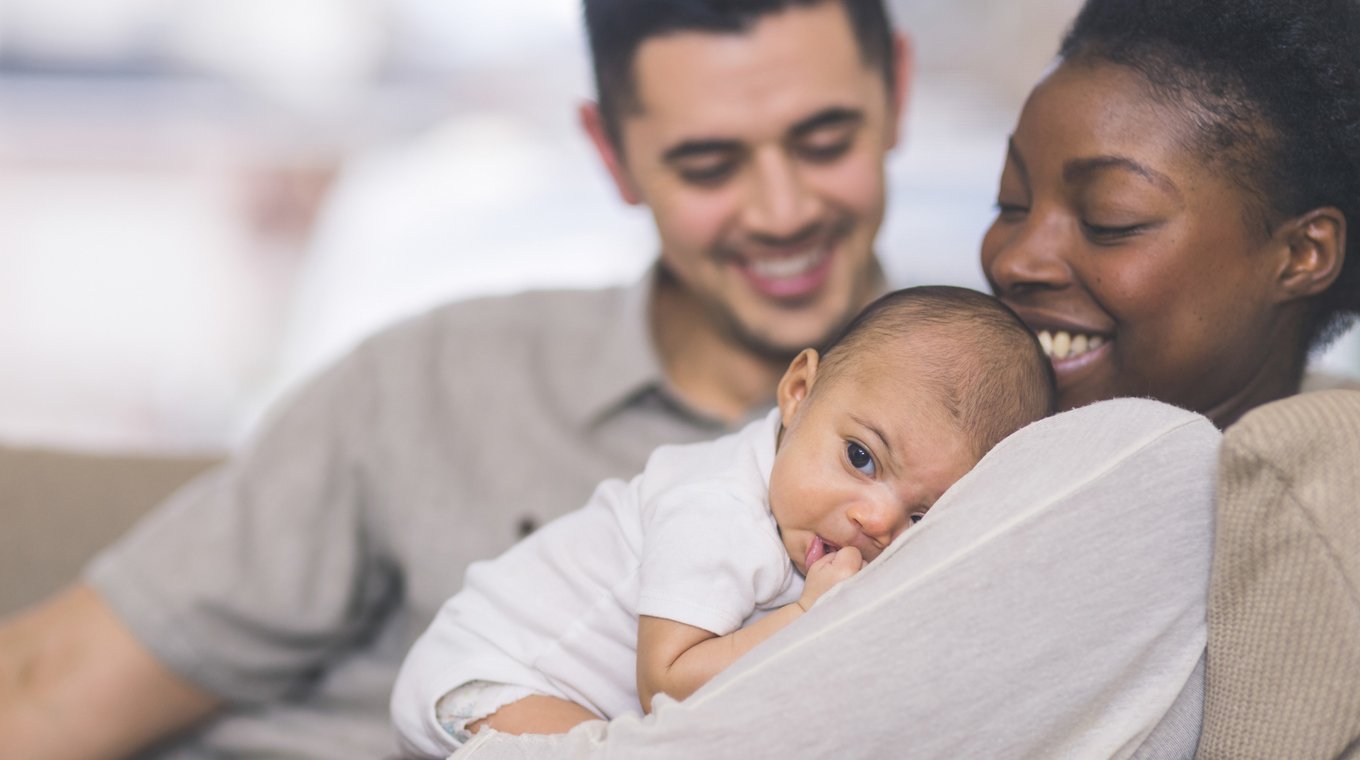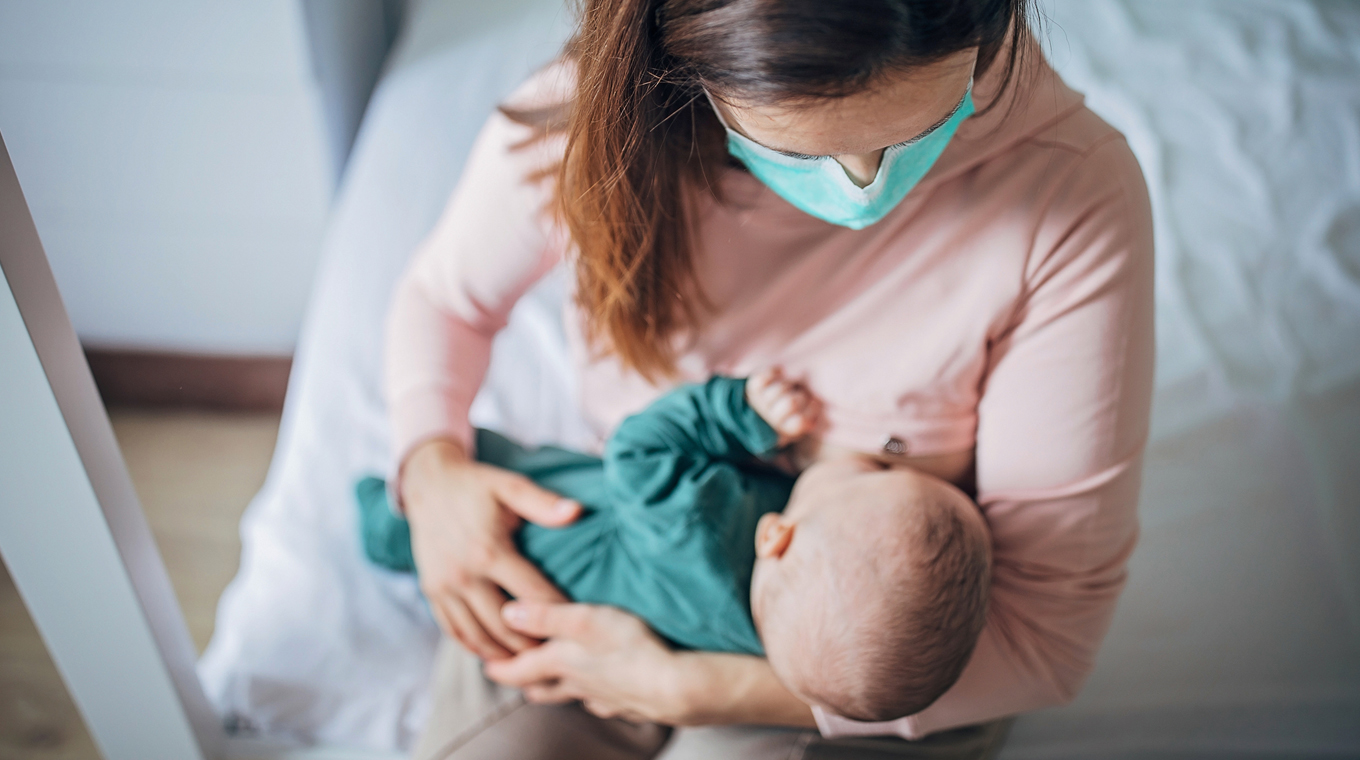
In this article
Breastfeeding and pumping breast milk during non-COVID-19 times could already be difficult. From stress about what to eat, how to boost your milk supply, to figuring out how to breast pump at work or in public, there is a lot to consider and evaluate. Throw in a global pandemic and how to navigate breastfeeding during COVID, keeping your baby safe and healthy during lockdown, it’s enough to make a grown person cry.
Note: During COVID-19, guidelines for breastfeeding may be changing due to new studies and information. Please check with your doctor, pediatrician, or lactation consultant to make sure you’re following the current health and safety protocols.
Is it safe to breastfeed my baby during COVID-19?

A recent study suggested transmission of COVID-19 was unlikely to occur through breast milk. “In the absence of data, some women infected with SARS-CoV-2 have chosen to just not breastfeed at all. We hope our results and future studies will give women the reassurance needed for them to breastfeed,” Dr. Grace Aldrovandi, the chief of the Division of Infectious Diseases at UCLA Mattel Children’s Hospital and a co-principal investigator of the study, told Science Daily.
What hasn’t changed in the time of the coronavirus are the benefits of breastfeeding. The Centers for Disease Control and Prevention (CDC), World Health Organization (WHO), UNICEF, and American Academy of Pediatrics (AAP) all advise exclusive breastfeeding from 0 to 6 months, followed by the gradual introduction of solids from 6 to 24 months.
“Breastfeeding provides unmatched health benefits for babies and mothers,” Dr. Ruth Petersen states in the CDC guide to breastfeeding. “It is the clinical gold standard for infant feeding and nutrition, with breast milk uniquely tailored to meet the health needs of a growing baby.”
Due to insufficient data on whether vertical transmission occurs with COVID-19 through breastfeeding, WHO recommends mothers with suspected or confirmed COVID-19 to start or continue breastfeeding infants and young children. Infants have a low risk of contracting COVID-19 and if infected, the symptoms are mild or asymptomatic.
“The truth is each drop of breastmilk contains one million white blood cells. Breast milk also contains antibodies that bind to microorganisms and keep them away from the body’s tissues,” Internationally Board Certified Lactation Consultant (IBCLC) Jennifer Ritchie told Mom.com. “The baby will receive these antibodies even if the baby gets 5 cubic centimeters of breast milk a day.”
How to keep safe while breastfeeding during the pandemic

The CDC has specific guidelines for pregnant and breastfeeding parents and the people who live with them to follow.
- Consider your risk level in your situation and community to determine whether an activity is worth it for you.
- Maintain social distancing or avoid activities where taking protective measures will be difficult.
- Limit interactions with people as much as possible.
- Practice proper hand hygiene such as washing your hands often or using a hand sanitizer with at least 60% alcohol.
- Wear a mask, avoid people who are not wearing a mask, and ask people around you to wear a mask.
How to breastfeed safely if you become infected with COVID-19

According to WHO, the benefits of breastfeeding and parent-infant interaction — especially in inhibiting infection and fostering health and development — outweigh the risks of infecting your child with the coronavirus. If you are suspected or confirmed COVID-19 positive, you can still breastfeed when taking the appropriate measures to prevent contact transmission.
“Studies on women with COVID-19 the virus has not been detected in breast milk. The CDC recommends that a mother with flu continue breastfeeding or feeding expressed breast milk to her infant while taking precautions to avoid spreading the virus to her infant, a similar situation to COVID-19,” said Ritchie. “Both the CDC and WHO states that mothers with COVID-19 can breastfeed.”
Here are some best practices if you choose to breastfeed or pump milk for your child while protecting your child from the tiny droplets emitted when you talk, cough, or sneeze:
- Wash your hands thoroughly prior to and after touching your baby or using pumping equipment
- Sterilize pumping equipment after use.
- Use a mask or cloth over your mouth and nose when nursing or pumping.
- Consider having someone else in your household with a low risk for the coronavirus to bottle feed your baby expressed milk.
According to the CDC, there is no specific antiviral treatment recommended for COVID-19. While all drugs pass through into breastmilk, most medications are safe to take while breastfeeding. The following (non-comprehensive) list is of some drugs that are deemed safe: acetaminophen (Tylenol), ibuprofen (Motrin, Advil), fluconazole (Diflucan), penicillin, loratadine (Claritin), and fexofenadine (Allegra). Please check the labels or consult with your doctor or pharmacists for a medical consultation.
Remember, you need rest regardless of whether you have COVID-19 or not. “An occasional formula bottle in the middle of the night from dad might have given my body the rest it needed to produce more when I could pump,” mom of two Sarah Doctolero told Mom.com. “I was so overtired and tense for so long I just wonder what might have changed if I were sleeping a little more.”




